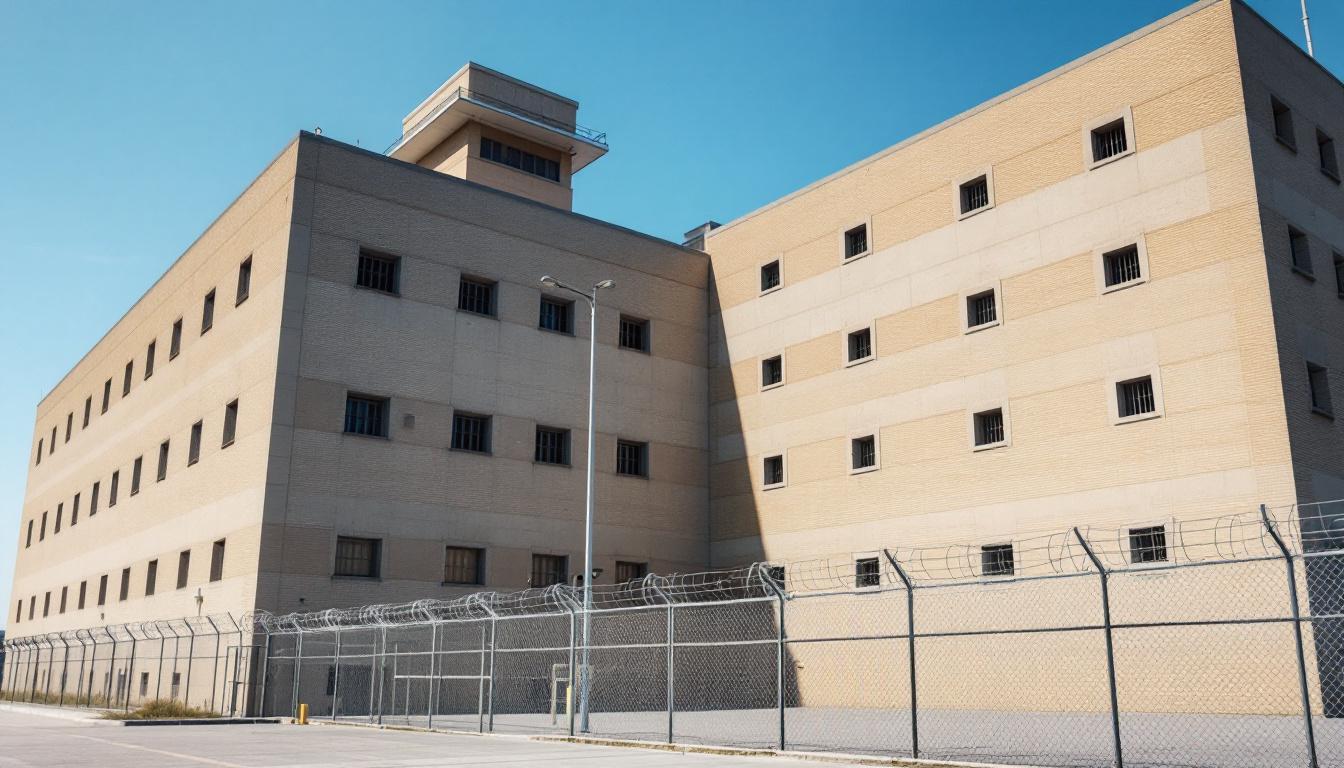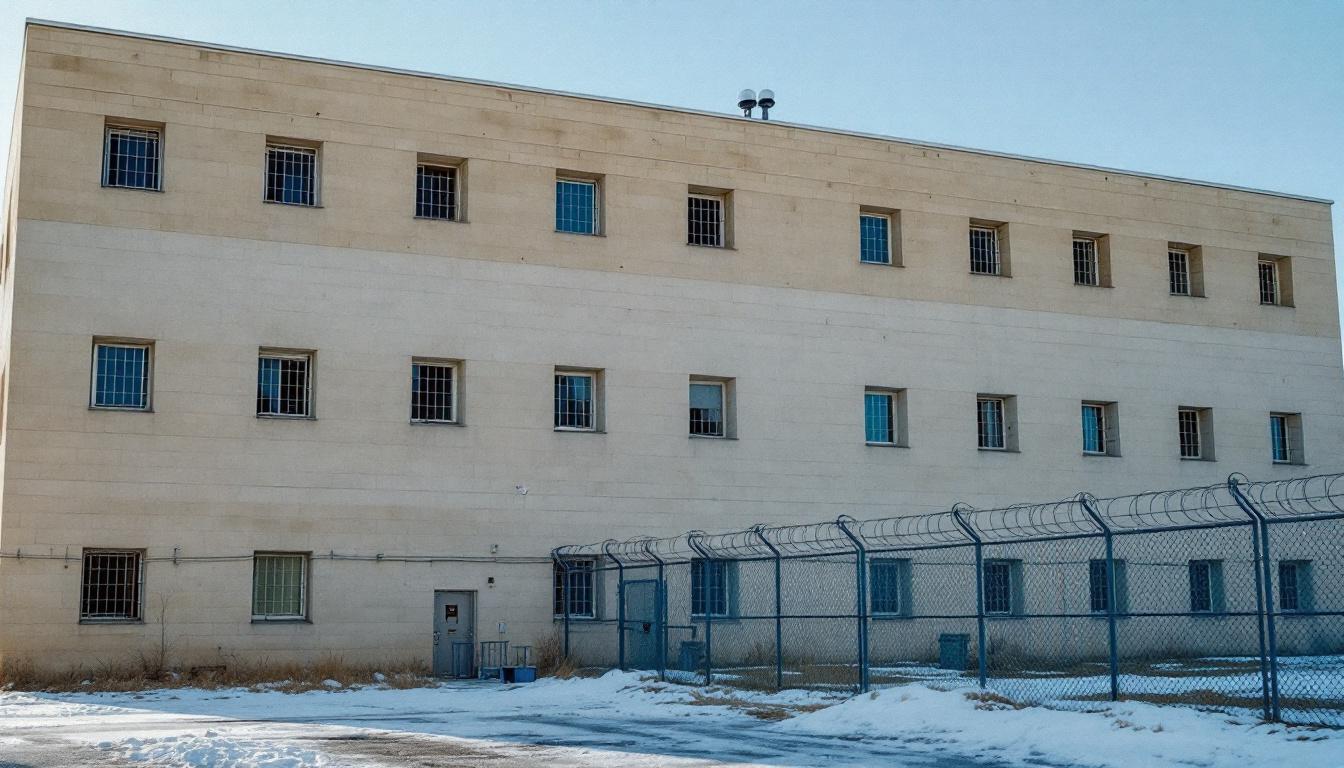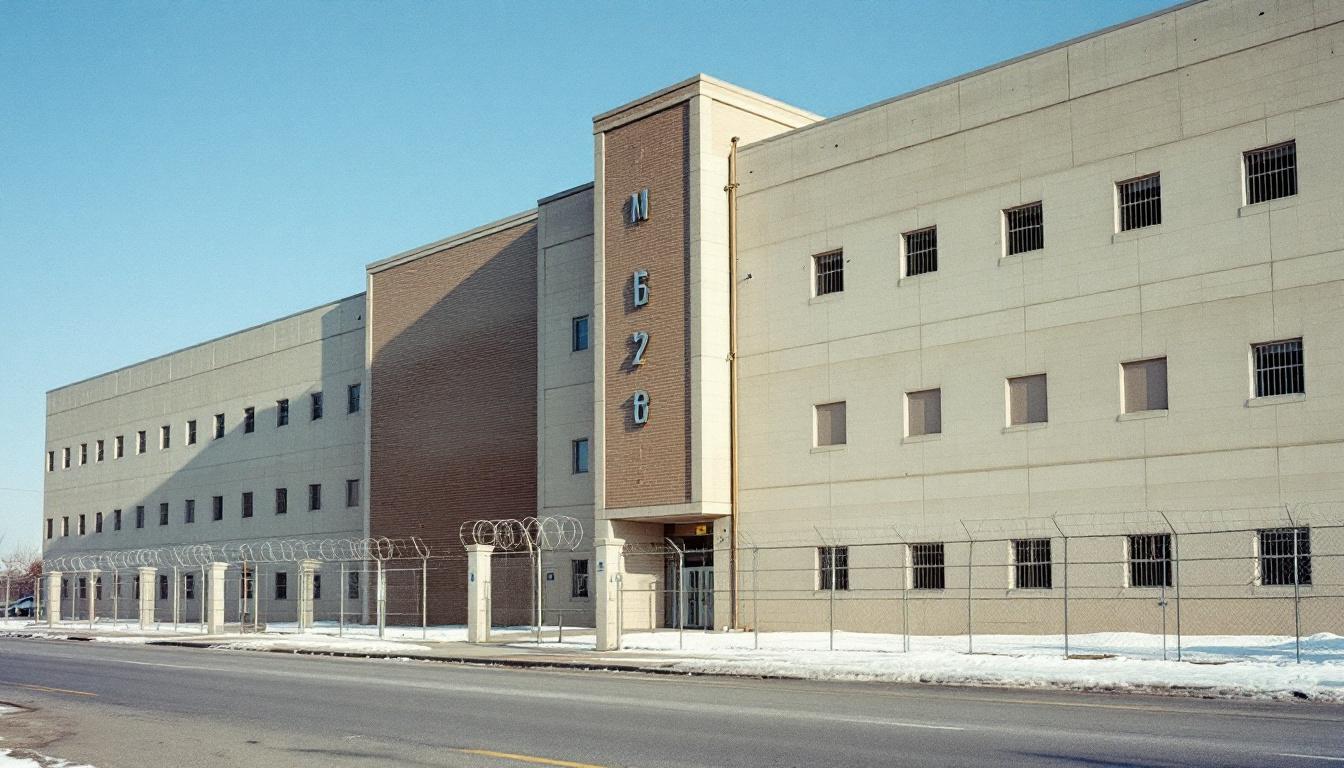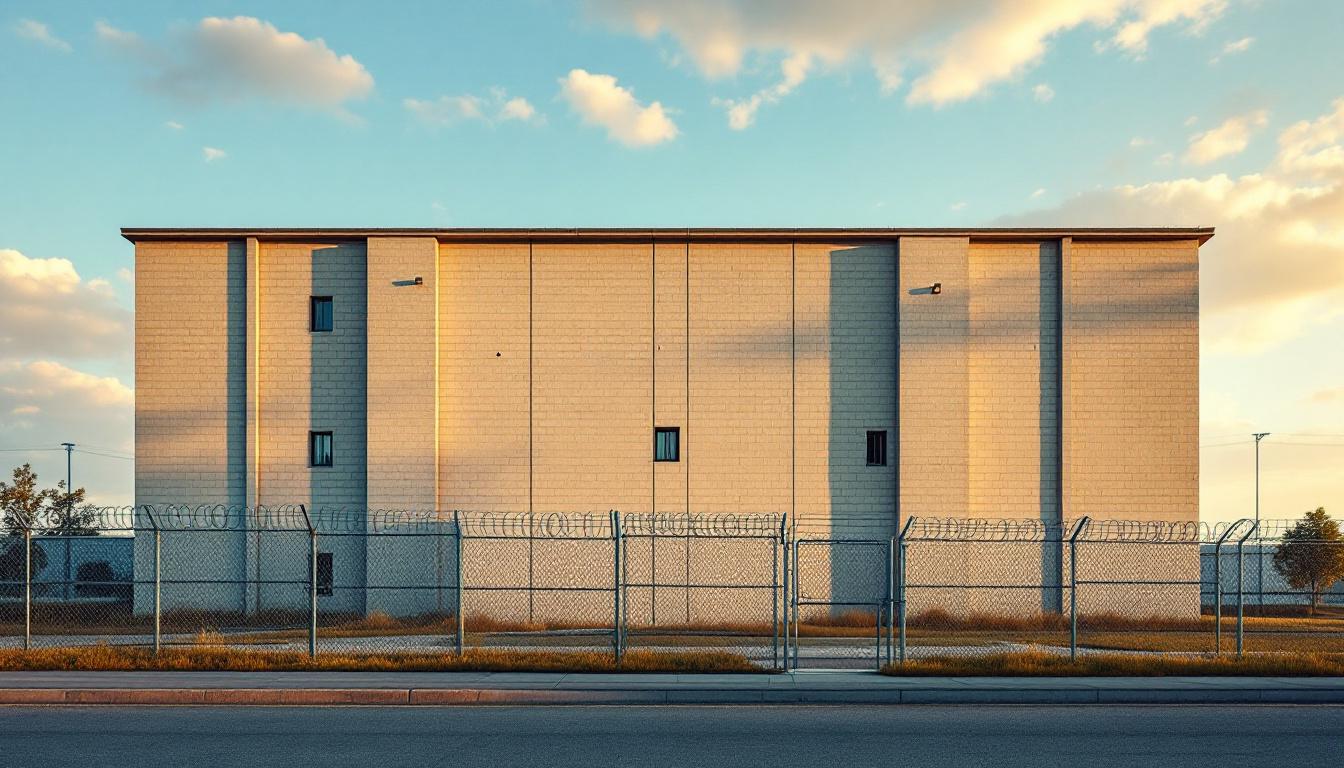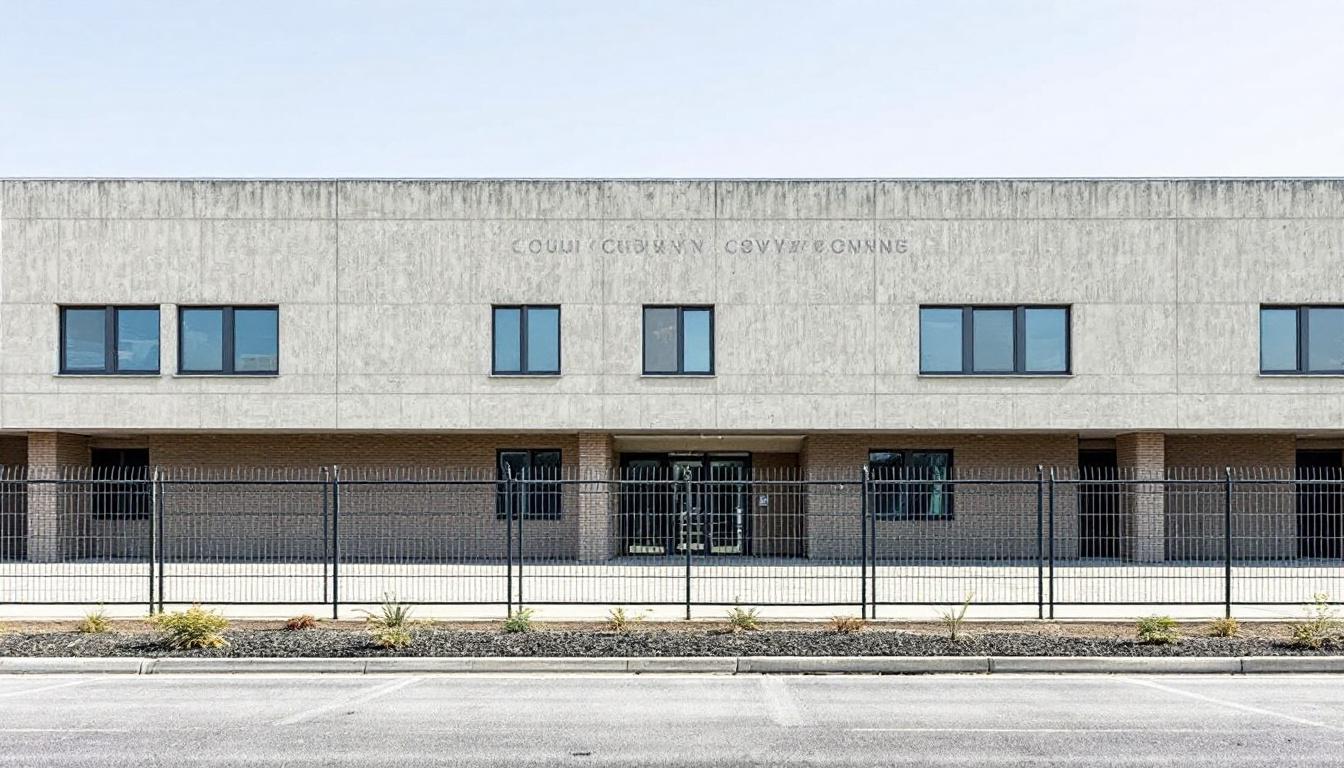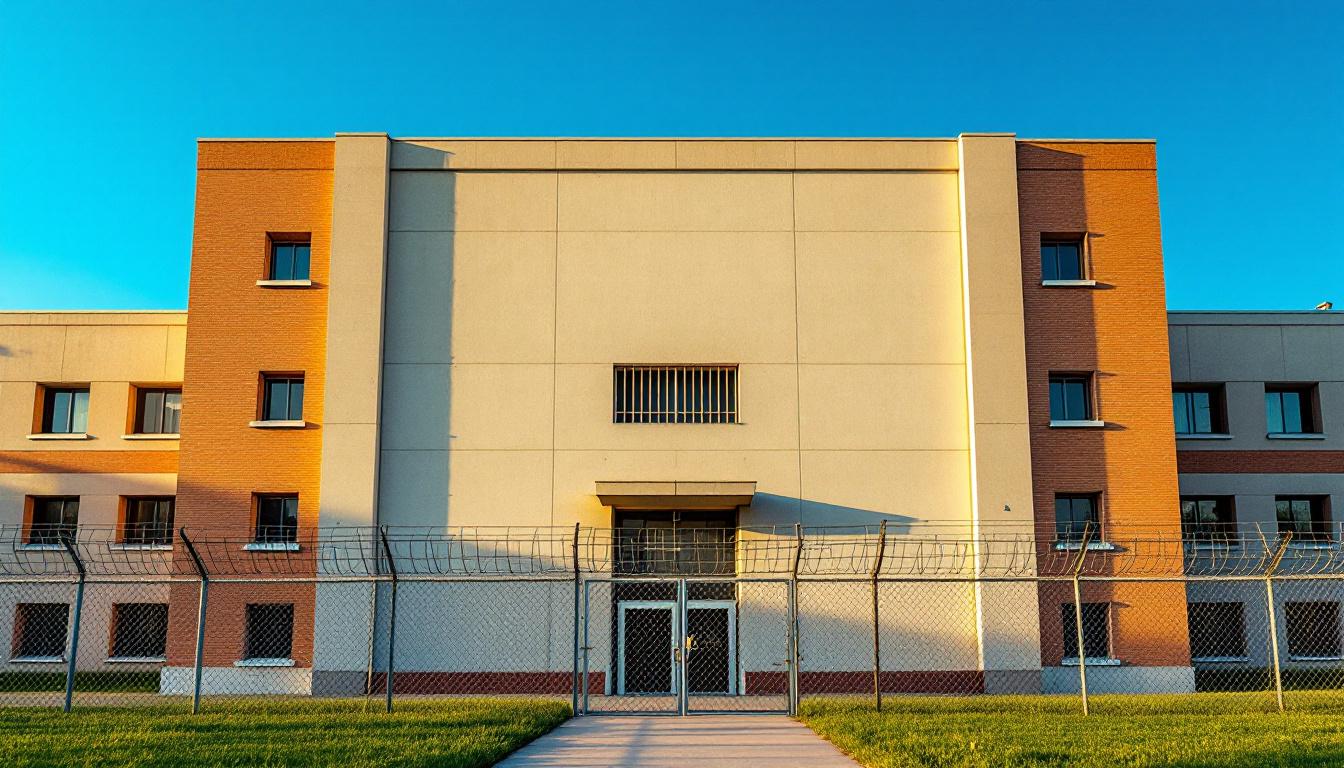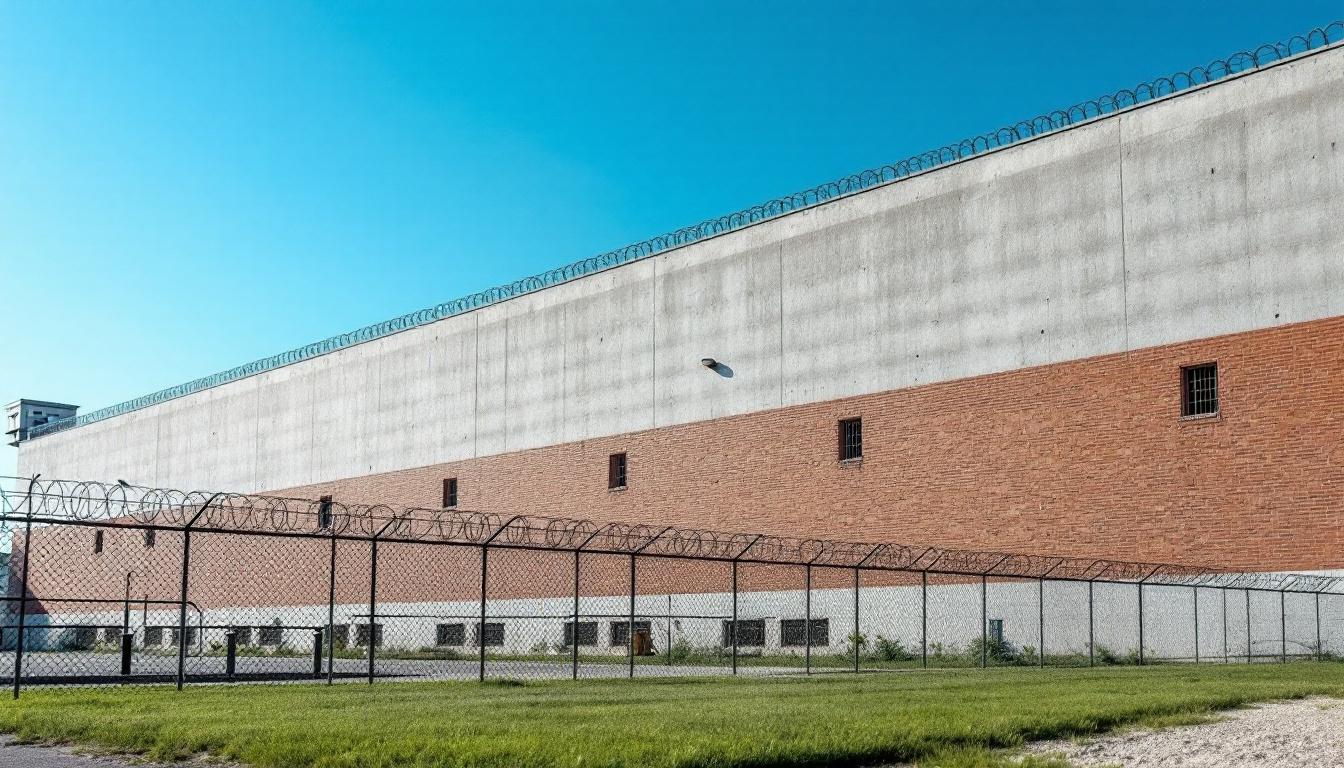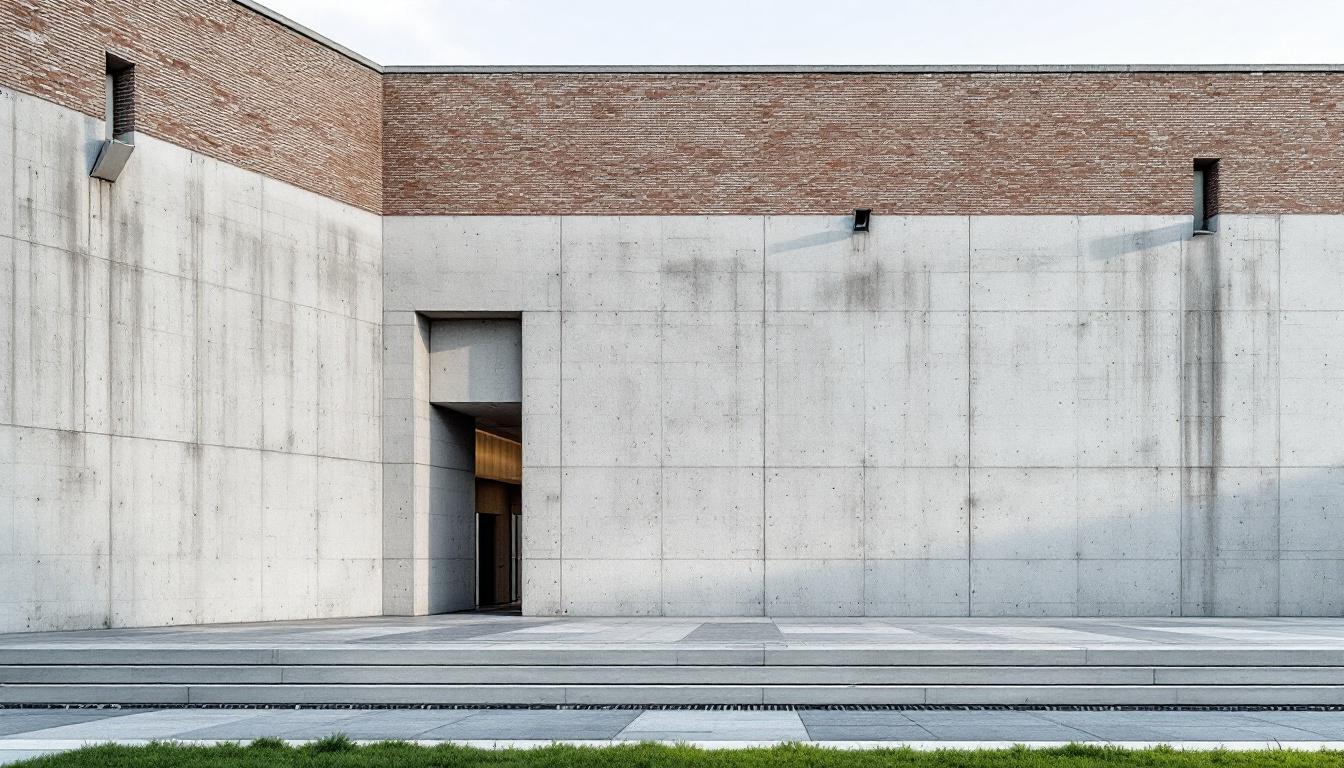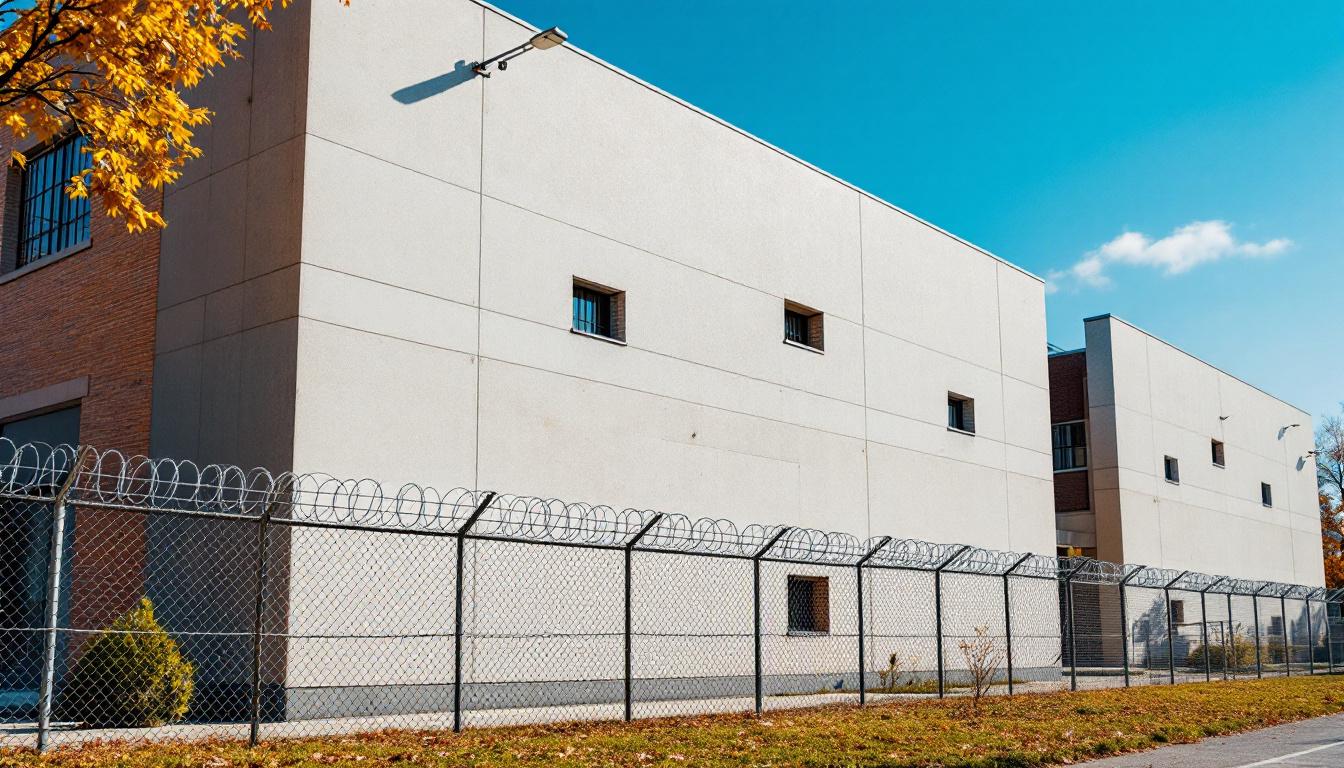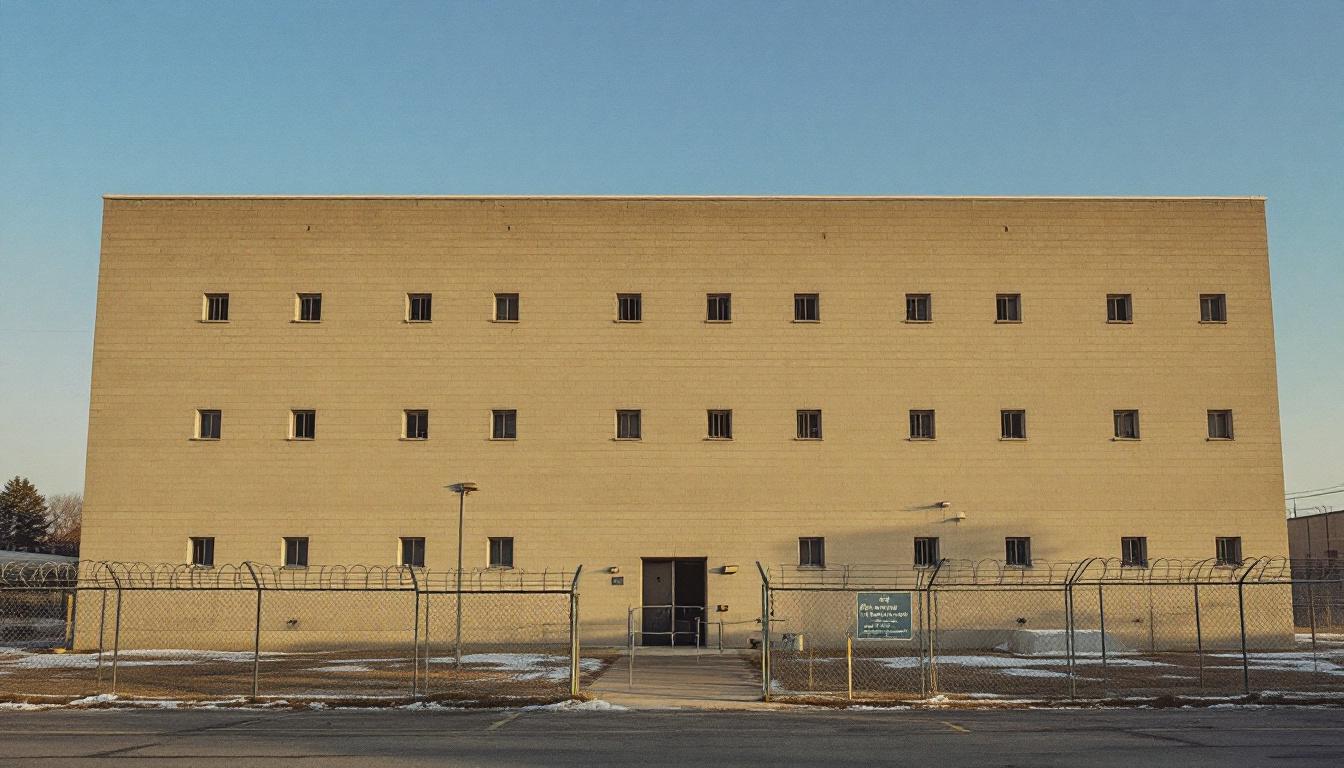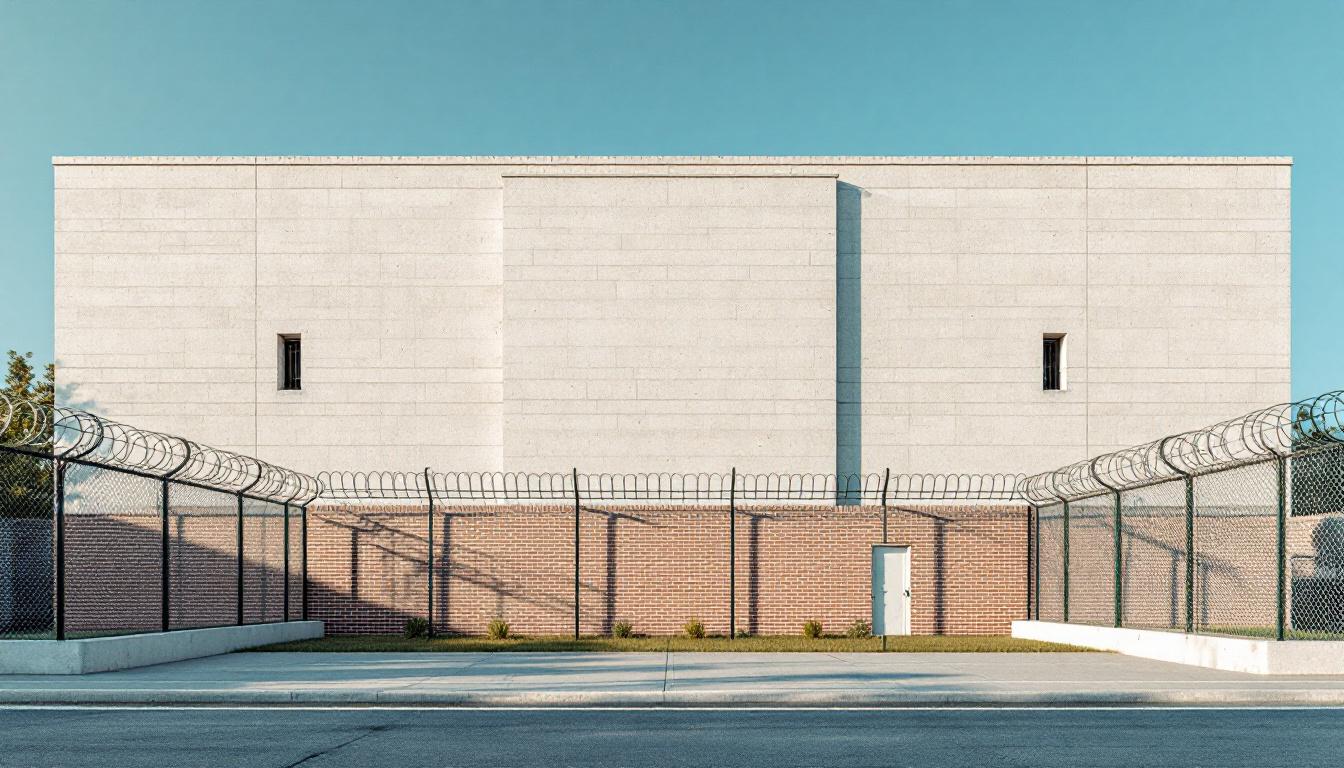
Quick Navigation
How to contact an inmate at Tri-County Regional Vocational Technical High School
This comprehensive guide will walk you through how to connect with an inmate at Tri-County Regional Vocational Technical High School. Follow the steps below to find an inmate and send letters and photos:
- Search for the inmate using our search tool below
- Create your account or log in to Penmate
- Write your message (up to 6,000 characters)
- Send instantly - inmates receive printed copies daily
Find an Inmate
Search for an inmate to start communicating today
Tip: You can search by first name, last name, or inmate ID number
To contact a person at Tri-County Regional Vocational Technical High School start by searching for the person on the official facility website. Perform a search by following these steps:
- Step 1: Enter their first name and last name into the search form and click "Search"
- Step 2: Locate their inmate record
- Step 3: Write down their Inmate ID and any housing information provided
Important! Be sure to enter the person's full name. Nicknames should not be used.
How to Send Messages to Inmates

You can use your phone or computer to send emails, letters, and photos to an inmate. Messages are sent electronically to inmate tablets or kiosks at the facility. If you would like to send a message, start by searching for an inmate at Tri-County Regional Vocational Technical High School.
Sending Photos and Postcards

A great way to send love and support to a loved one at Tri-County Regional Vocational Technical High School is to send photos and postcards. It only takes a few minutes to send photos from your phone and it makes a huge difference. You can also mail postcards with words of support and inspiration, or design your own postcard for special moments like birthdays and holidays.
Important! Be sure not to send any explicit photos or they may not be approved by the facility. You can also use a photo printing app like Penmate to make sure your photos are printed at the correct size (4x6 or 3x5) and are mailed according to the rules and regulations of Tri-County Regional Vocational Technical High School.
Frequently asked questions about Tri-County Regional Vocational Technical High School
-
How long does it take to deliver a message?
If you're sending an email message your letter is usually delivered within 24-48 hours. For messages sent via mail you should expect delivery within 3-7 days. All messages will need be approved by Tri-County Regional Vocational Technical High School.
-
How much does it cost to send a message to Tri-County Regional Vocational Technical High School?
You can send a message free using your phone or mail a message via USPS for the price of a $0.60 stamp and envelope. You can also purchase credits or e-stamps from services starting at $1.99.
-
What services can I use to contact an inmate at Tri-County Regional Vocational Technical High School?
Penmate
You can use Penmate to send letters and photos to an inmate from your phone. It's an easy way to stay in touch during your loved one's incarceration. Use the inmate locator to find an inmate's location and contact information, then you can send messages within a few minutes.
Securus messaging
Securus may be another option for communicating with an inmate at Tri-County Regional Vocational Technical High School. You can create a friends and family account and purchase credits to send messages. All messages will be reviewed and must be approved by the facility.
JPay
Some county jails and state prisons may support sending messages with JPay. You must register an account with the system, find your loved one, and purchase stamps to send messages. For some locations you can also attach photos.
Smart Jail Mail
You may also check if Smart Jail Mail is available at Tri-County Regional Vocational Technical High School. Smart Jail Mail is operated by Smart Communications and has contracted with some state and county jails. After purchasing credits, your messages and photos are sent to the facility, printed out, and then handed out to your loved one.
-
What is the mailing address of Tri-County Regional Vocational Technical High School?
Mailing address:
Tri-County Regional Vocational Technical High School
147 Pond St
Franklin, MA 02038
Phone: (508) 528-5400 -
What are the visiting hours at Tri-County Regional Vocational Technical High School?
Visiting hours at Tri-County Regional Vocational Technical High School vary by housing unit and security level. Generally, visits are scheduled on weekends and holidays, with some facilities offering weekday visits. Contact the facility directly at (508) 528-5400 or check their website for the current visiting schedule. Visits typically last 30-60 minutes and must be scheduled in advance.
-
What items are prohibited when sending mail to Tri-County Regional Vocational Technical High School?
Prohibited items typically include: cash, personal checks, stamps, stickers, glitter, glue, tape, staples, paperclips, polaroid photos, musical or blank greeting cards, hardcover books, magazines with staples, and any items containing metal or electronics. Only send letters on plain white paper with blue or black ink. Photos must be printed on regular photo paper (no Polaroids). Always check with Tri-County Regional Vocational Technical High School for their specific mail policies.
-
How do I send money to an inmate at Tri-County Regional Vocational Technical High School?
You can send money to an inmate at Tri-County Regional Vocational Technical High School through several methods: 1) Online using JPay, Access Corrections, or the facility's approved vendor, 2) Money orders mailed directly to the facility with the inmate's name and ID number, 3) Kiosks located in the facility lobby, or 4) Over the phone using a credit or debit card. Fees vary by method, typically ranging from $2.95 to $11.95 per transaction.
-
Can I schedule a video visit with an inmate at Tri-County Regional Vocational Technical High School?
Many facilities now offer video visitation as an alternative to in-person visits. At Tri-County Regional Vocational Technical High School, video visits may be available through services like Penmate, Securus Video Connect, GTL, or ICSolutions. Video visits typically cost $10-20 for 20-30 minutes and must be scheduled in advance. You'll need a computer or smartphone with a camera and reliable internet connection. Contact the facility for their specific video visitation policies and approved vendors.
-
What identification do I need to visit an inmate at Tri-County Regional Vocational Technical High School?
All visitors must present valid government-issued photo identification such as a driver's license, state ID, passport, or military ID. Minors must be accompanied by a parent or legal guardian who can provide the minor's birth certificate. Some facilities require visitors to be on the inmate's approved visitation list, which may require a background check. Contact Tri-County Regional Vocational Technical High School for specific ID requirements and visitor approval procedures.
-
How can I find out an inmate's release date?
To find an inmate's release date at Tri-County Regional Vocational Technical High School, you can: 1) Use the online inmate search tool if available, 2) Call the facility's records department, 3) Contact the inmate's case manager or counselor, or 4) Have the inmate provide this information during a call or visit. For privacy reasons, some facilities only release this information to immediate family members.
Facility Overview
Contact Information
Tri-County Regional Vocational Technical High School147 Pond St
Franklin, MA 02038
Phone: (508) 528-5400
Official Website

About Tri-County Regional Vocational Technical High School
Correctional facilities across the Midwest typically serve as essential components of public safety while maintaining focus on rehabilitation and community reintegration. Tri County Regional, OH operates within this framework in Mechanicsburg, Ohio, where the facility’s collaborative approach emphasizes both secure operations and meaningful preparation for eventual community return. The population services at this OH correctional facility generally reflect the state’s commitment to balancing accountability with opportunities for personal growth and skill development.
Located in Mechanicsburg, this correctional facility serves the broader central Ohio region through programs that may include educational opportunities, vocational training, and counseling services designed to address underlying factors that contribute to criminal behavior. The facility typically works within Ohio’s correctional system to provide structured environments where individuals can participate in rehabilitation programming while serving their sentences. Staff members generally focus on maintaining security protocols while encouraging participation in activities that support successful reintegration into the community upon release.
The comprehensive approach at Tri County Regional often includes coordination with community organizations, family support services, and transition planning resources that help bridge the gap between incarceration and community life. These collaborative efforts may encompass substance abuse treatment, mental health counseling, and job readiness programs that prepare individuals for productive citizenship. The facility’s role within Ohio’s correctional framework typically emphasizes the importance of addressing both public safety concerns and the long-term goal of reducing recidivism through evidence-based rehabilitation practices.
Programs & Services
Through comprehensive programming initiatives, Tri County Regional develops a foundation of support that addresses the multifaceted needs of the population during their period of incarceration. The facility’s approach recognizes that meaningful reintegration requires more than basic containment, instead emphasizing skill development, personal growth, and therapeutic intervention. These programs typically operate under the philosophy that structured learning opportunities and supportive services can facilitate positive behavioral changes while preparing individuals for successful community reentry.
Educational initiatives form a cornerstone of the facility’s offerings, with programs that may supply basic literacy instruction, GED preparation, and continuing education opportunities. The population often benefits from structured classroom environments that accommodate various learning levels and backgrounds. Also available are job training programs that focus on developing marketable skills in areas such as construction, food service, and maintenance. These vocational opportunities typically include hands-on instruction designed to provide practical experience that translates directly to employment prospects upon release.
Recovery services represent another vital component of the supportive framework, offering therapeutic programming for individuals struggling with substance abuse and related issues. Distance learning opportunities may expand educational access beyond traditional classroom settings, allowing participants to pursue advanced coursework or specialized training. Also incorporated into the facility’s programming are animal care programs, which often provide therapeutic benefits while teaching responsibility and developing nurturing behaviors. These diverse support services work collectively to address the complex challenges facing the population, fostering an environment where personal transformation and skill acquisition can occur simultaneously.
Daily Life & Visitation
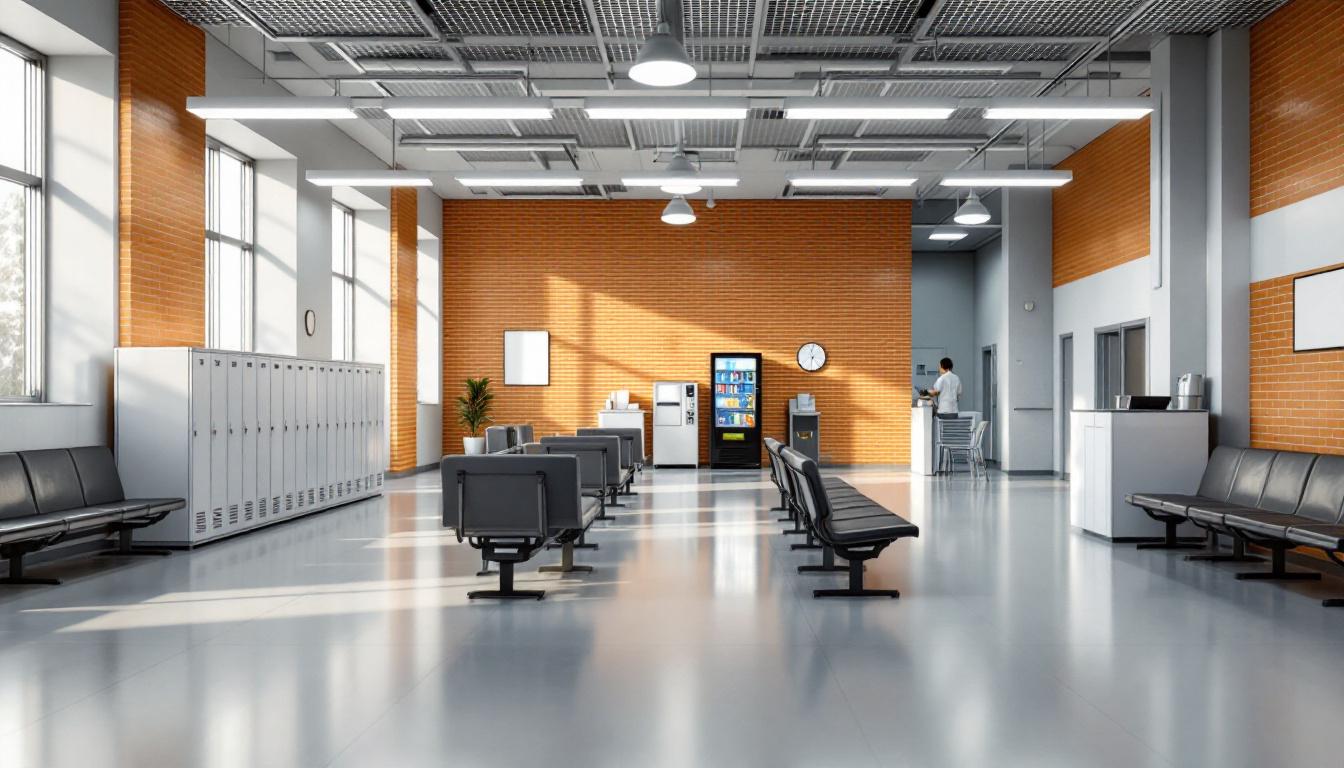
Systematic organization forms the backbone of every interaction and activity within the facility, creating a framework that shapes how the population navigates their daily experiences. The structured environment currently operates through clearly defined schedules that continue to provide predictability and routine, with designated times for meals, programming, and recreation that help maintain order throughout the facility. Security protocols and housing assignments work together to ensure that daily activities flow smoothly while maintaining appropriate supervision levels.
Living accommodations typically consist of housing units that vary in capacity and configuration, with the population generally assigned based on classification levels and individual needs. Each housing area usually includes common spaces where residents can interact during designated periods, along with personal storage areas for approved belongings. Also, the facility generally provides access to commissary services, allowing the population to purchase additional items that may enhance their daily comfort within established guidelines. However, personal property remains subject to facility regulations and regular inspections to maintain security standards.
Structured programming schedules supply the population with various opportunities for personal development, education, and skill-building throughout the week. Work assignments within the facility often include maintenance duties, food service positions, and other operational roles that help residents develop work habits while contributing to facility operations. Also, recreation and exercise periods typically provide physical activity options and social interaction time in designated areas. Family connections continue to be supported through scheduled visitation periods and communication options such as phone calls and correspondence, though these services generally operate within specific timeframes and guidelines established by facility administration.
Ready to Connect?
Start communicating with your loved one today
Search for an Inmate
